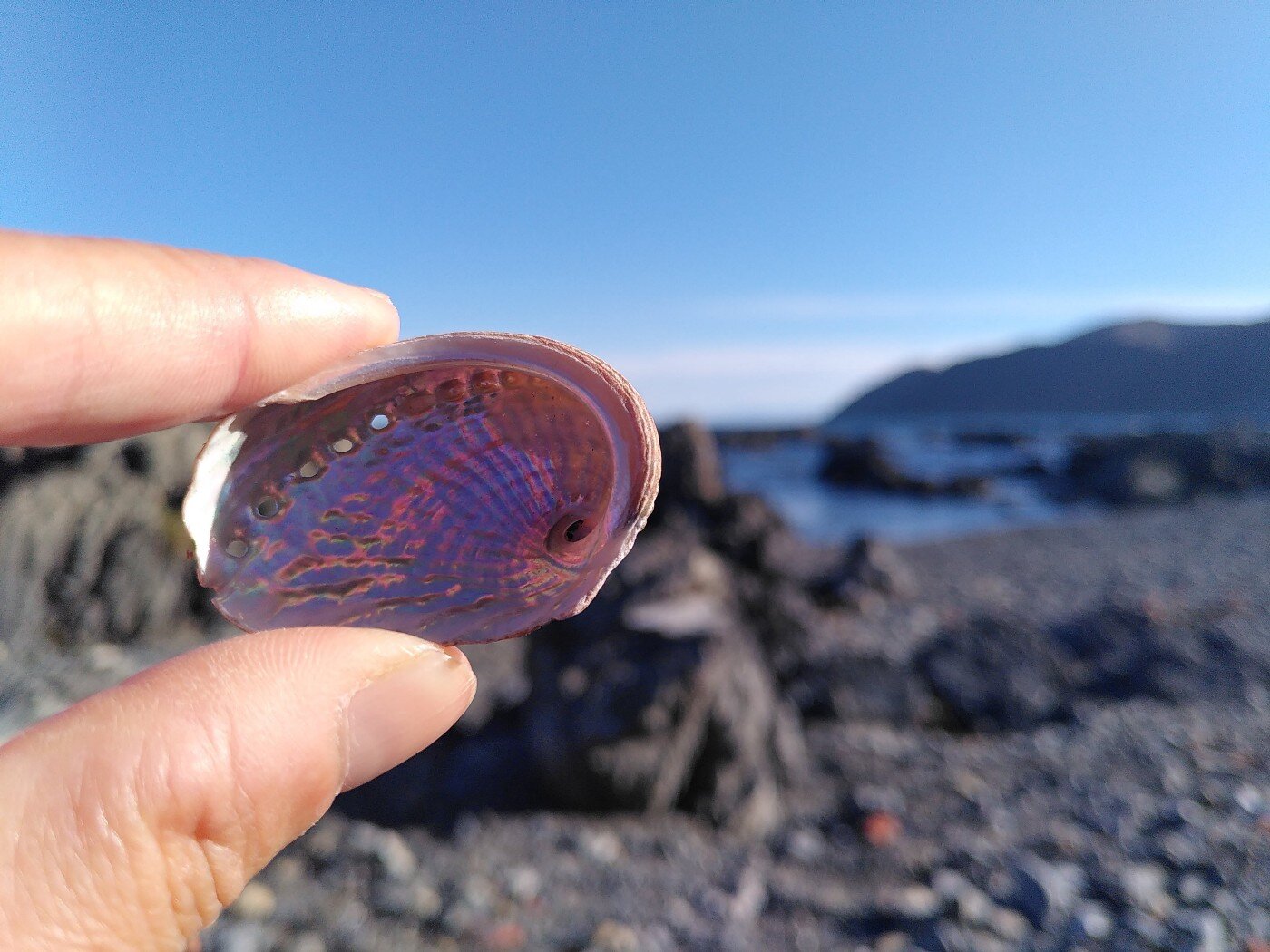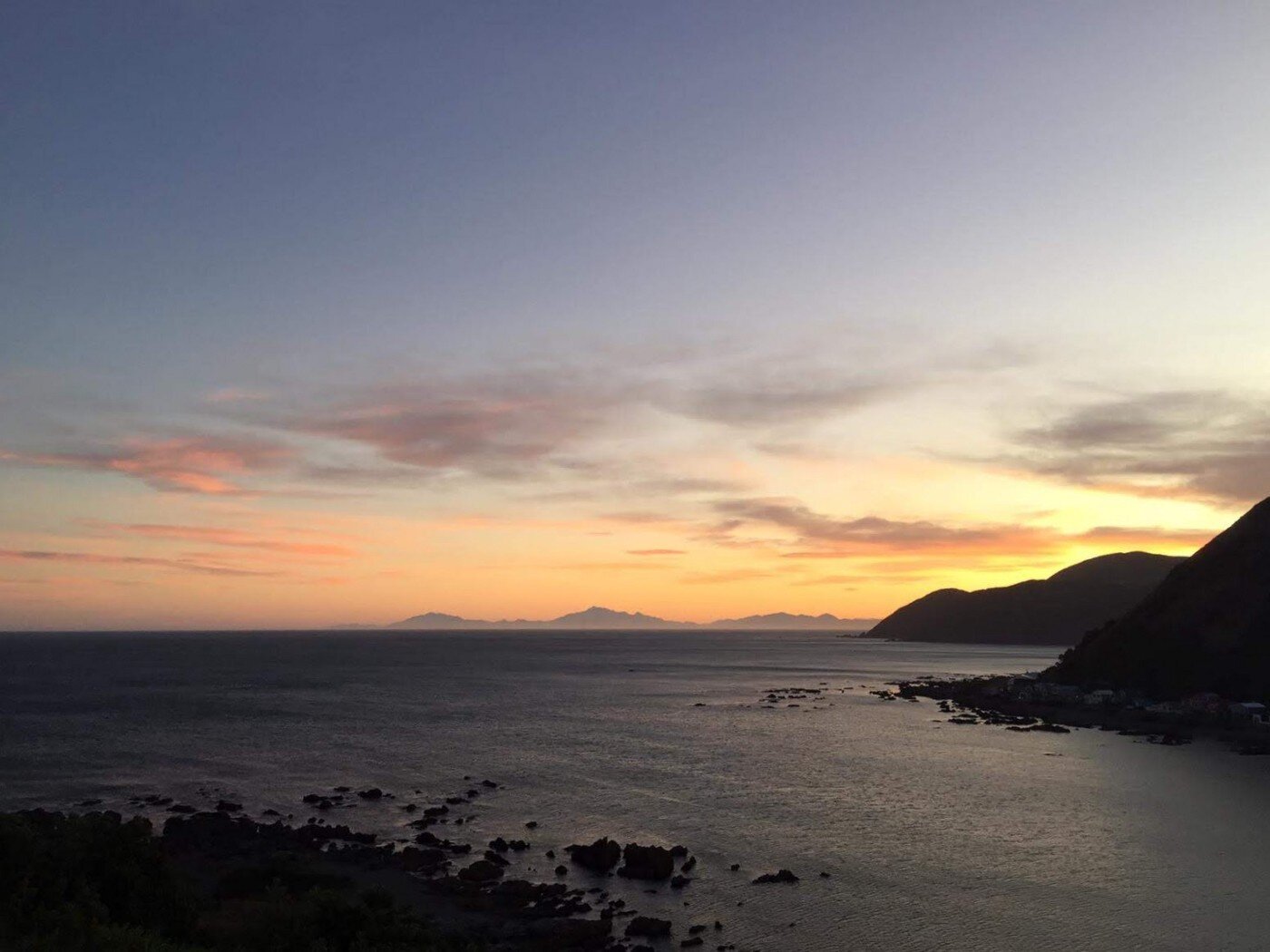The Navigator —Responses to a disrupted world
May 4th, 2020
Part 3: Perception
This series — The Navigator — is reconciling how The Point People are navigating this moment of collective grief and uncertainty, the transition from a pre-Covid time to an uncertain future. It is an imperfect record of our experiences and reflections over this period.
Afew weeks further into it all, and our virtual gatherings continue. In various constellations, but always with a similar orientation towards care and exploration. We speak of phases, momentum, beginning to think forwards to a time when we might re-emerge — blinking — into the light again.
For some of us it’s brought to mind the Kübler-Ross Change Curve — how it feels to be at the bottom of the rising limb, beginning an uncertain climb. Our individual curves take different forms — perhaps one day we’ll draw them — when we can see all this with a little more perspective.
Perspective and perception — themes that seem to come up a lot in our conversations. A couple of weeks ago, one of us experienced a long, fast drive for the first time in a while — the clouds and the landscape zipping by. After so much containment it was discombobulating this sense of speed and space.
It makes us wonder if our sensory landscapes might be changing with the shrinkage of our day-to-day, not to mention all the screen time. Screens allow for seeing and hearing, but our other means of sense-making are truncated. How does this affect how we then experience the ‘real’ world? Away from the screens, is there a little more awe? A little more ecstasy? A little more awareness of the intense delights of full sensory engagement?
Question: What are you perceiving anew?
Perhaps this is what also lies behind our changing relationship with place. We barely even noticed the layers of place in our lives before. We were comfortably multiple— it was home and work and cafes and trains and planes and parks and cultural venues and so much more. Newly confined to just one place, we began by grieving those we’d left behind — but more and more we are finding ways to enjoy and celebrate where we find ourselves.
We are better acquainted with how the sun tracks across a kitchen table as the hours go by. The dimensions of our homes are expanding as we discover new ways to arrange ourselves; unique corners for work, rest and play. When the end of a street becomes a place to go to celebrate a birthday, we know we are discovering the richness of place like never before.
For now, all these personal micro-worlds are separate — perhaps we’ll never truly know another’s. But a macro-experience is being shared like never before. Whoever we speak to, wherever they are — we are all facing new realms of stretch and challenge.
It helps us appreciate how far care travels. We may not be sharing touch or presence, but it seems we’re pro-actively caring for each other more than ever. We newly understand that to care is to act. It is something that we do. And we are all doing so much care. The calls, the messages, the bouquets, the birthday surprises. Innumerable nuggets of thoughtfulness. If our To Do lists were relabelled To Care lists, how much prouder we would be of all we are achieving just now?
Question: What does it feel like to prioritise care over achievement?
The Kindness Rocks Project, Wellington. Photo credit: Hannah Smith
Asthe days of this time pass, increasingly we find ourselves asking — where to from here? How will we all emerge into the afterwards? There is anguish, anger and fear around deepening social inequalities — Sophia’s perspective from the frontline is a sobering one. Yet at the same time, we are each feeling chinks of optimism around what these vast new volumes of ‘lived experience’ might be doing for our capacities for empathy and imagination:
“We won’t forget that it’s possible for the supermarket shelves to suddenly be empty — this is a defining moment for years to come. Things won’t just go back to how they were before this, the question is what will this ‘new normal’ look like? What do we even want it to look like?” — Abby
There is something intoxicating about this challenging time being a harbinger of a new era. In the words of Rebecca Solnit “…disaster is a lot like a revolution when it comes to disruption and improvisation, to new roles and an unnerving or exhilarating sense that now anything is possible”. An emboldening perspective for sure but practically speaking, it’s still hard to think forward. To frame our thinking we lean towards a few broad brushstrokes of scenario planning — i) a return to ‘normal’ ii) a state of permanent emergency or iii) a society built on a new social contract. It feels clunky and incomplete, but it’s what we have for now.
Question: What tactics can we use for thinking about ‘afterwards’?
And so we keep going. We keep on paddling and we take the days as they come. He waka eke noa — we’re all in this (canoe) together.
‘Til next time,
The Point People x
Compiled by Hannah Smith. With a special shout out to Victoria Stoyanova and her new venture, The Institute of Belonging.
Contributors: Sneh Jani-Patel, Abby Rose, Cathy Runciman, Nish Dewan, Beatrice Pembroke, Sophia Parker, Ella Saltmarshe, Anna Mouser, Eleanor Ford, Jennie McShannon, Sarah Douglas, Jennie Winhall, Cat Drew, Victoria Stoyanova, Kyra Maya Phillips & Joana Casaca Lemos.




